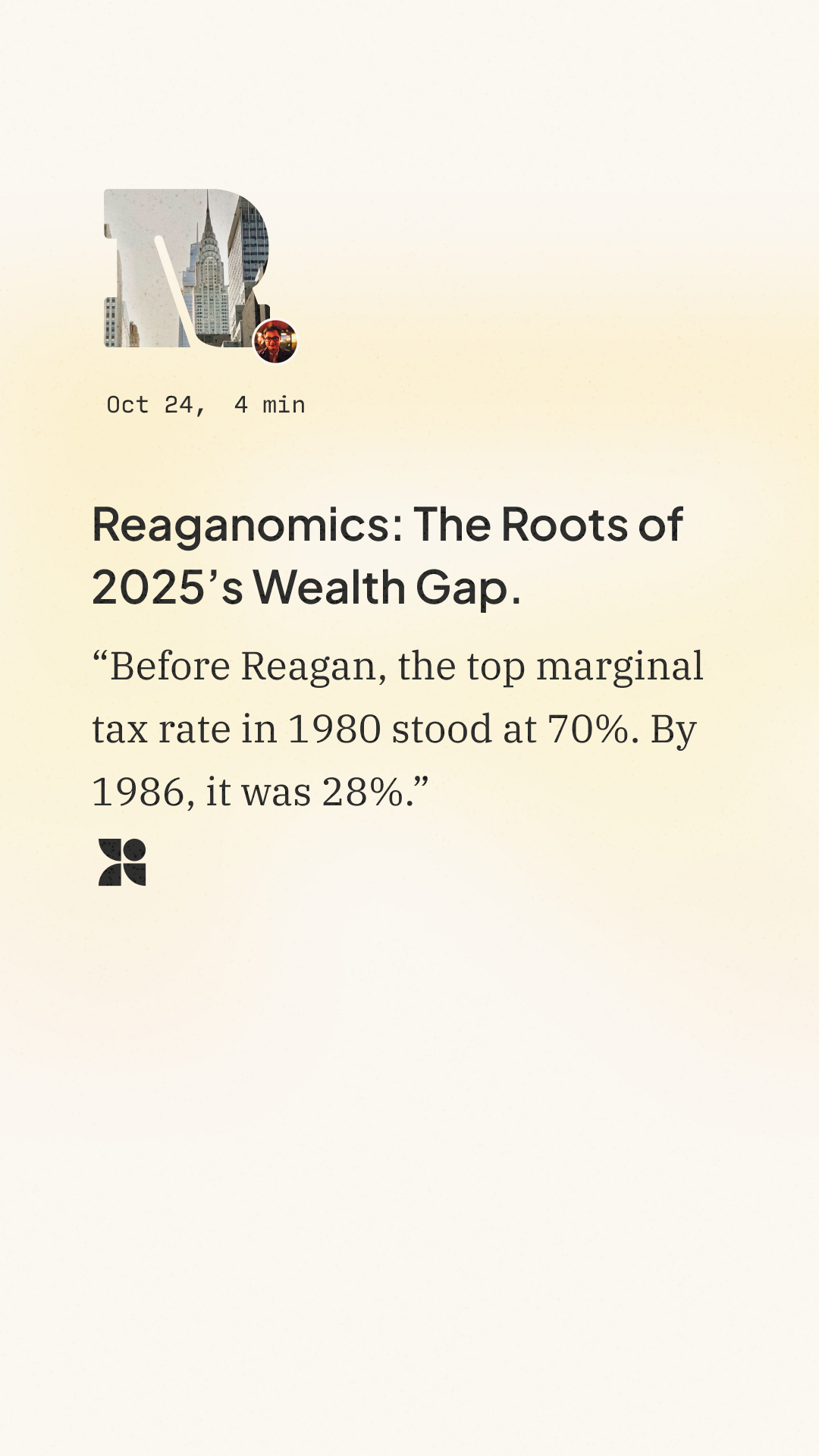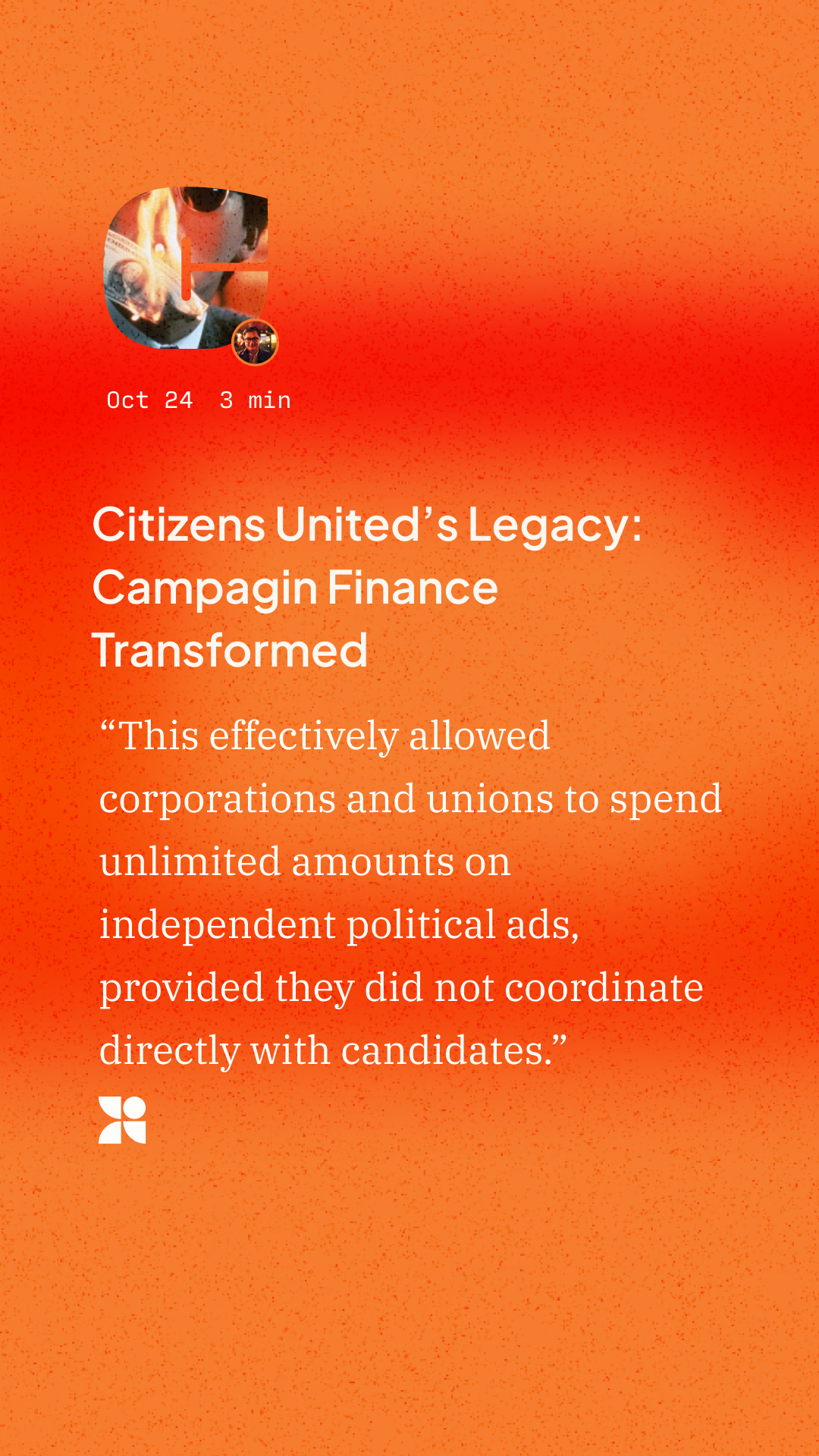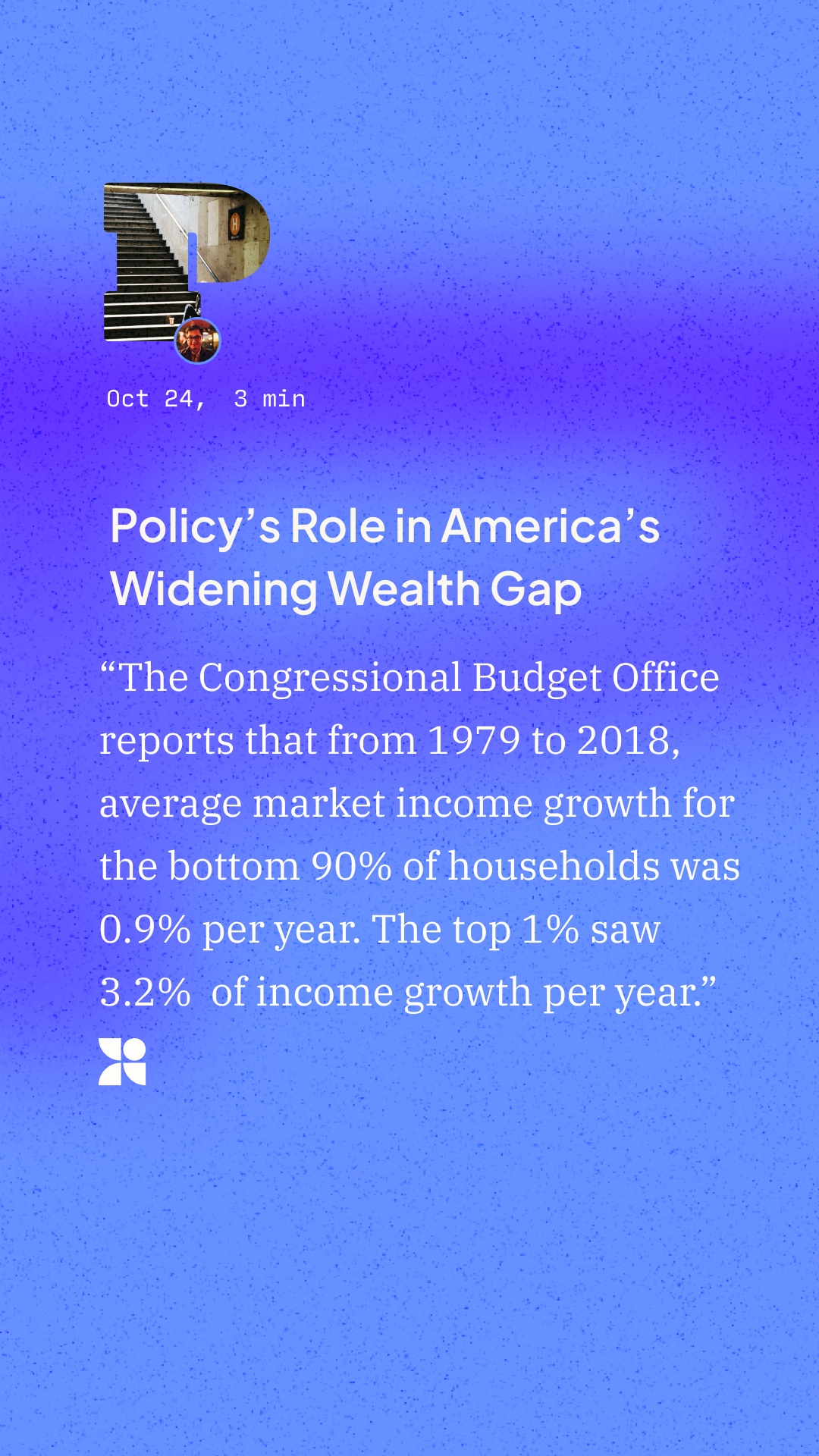
Today, I had a typical chat with my college friend, Nancy. We have a running conversation on Instagram, often comparing notes as our pre-teen kids navigate the tumultuous entry into the adult world. Lately, however, our domestic talks are increasingly interrupted—and dominated—by politics.
A few weeks ago, for instance, we were doing what many in our network are likely doing: debating the pros and cons of emigrating. After exchanging a wall of text detailing the logistical hurdles, we ultimately decided to stay put.
This week, the political reality felt uncomfortably close. Earlier, Nancy told me how ICE descended on Canal Street in New York, right on the same block as her office. Yesterday, I shared my worry that similar operations might be coming to San Francisco. We talked about what being a "sanctuary city" even means anymore. We openly wondered if laws and constitutional norms still mattered.
“Uncharted territory” was the phrase that was thrown out, and it stuck with me.
A Systems View
I tend to abstract immediate problems into a systems perspective approach. In this chat, I hypothesized that our rising extremism isn't random; it's driven by real, systemic problems. And I want to see if my thinking has any merit. I didn't want to voice opinions without backing. Too often in social networks, uninformed opinions trigger strong emotions, but I come away from those conversations without much progress - without any insights.
Rover's Promise
While chatting with Nancy, I wanted a quick way to pull in the factual, analytical information needed to transition our conversation from commiseration to understanding—and hopefully to action.
How to tie these threads together? This is a common problem when I'm talking with friends about anything – from politics to the last good film I saw (it was One Battle After Another).
Can we reverse-engineer our current xenophobic environment back to issues like wage stagnation, job losses, or regressive tax policies? Or perhaps trace the ineffectiveness of our public institutions back to the increasing power of corporations in our lives?
Crucially, how would we trace this connection factually and analytically? Not for the sake of assigning blame, but for getting to understanding. This understanding is the foundation for better discourse, allowing us to move toward fixing things instead of breaking them.
That’s the dream behind Rover: a platform where our conversations can be augmented by AI to be more factual, more insightful, and ultimately, more productive.
Rover Today
I created a few audio briefs outlining my hypotheses on how we arrived at this condition of profound inequality and political ineffectiveness.
- Reaganomics shifted the tax burden from rich to poor, so despite economic growth for the past 40 years, the distribution of that productivity has not been fed back into the system. My note: And when people work hard and they don't get anything for it, they tend to get pissed.
- Campaign financing laws allowed corporations to influence the people who were supposed to safeguard the dream. My note: Corporations are doing great. People are not. This makes sense since corporations are represented by our government.
- Inequality isn't just a by-product of market dynamics; it's a result of specific policies.



Rover performed well enough, passing the bar for delivering factual, validated information in an easy-to-digest format. I don't think I got to any conclusions, but I did get enough insights to continue exploring. For instance, I want to understand how global trade influenced the credit system in the US and how consumer spending is related to specific policies.
There’s still so much more to be done. It would be so awesome if Nancy and I can have these types of chats with real-time information from a trusted source, if we had our own expert in the chat (without the weirdness of that thing being a stranger).
I wanted to share this peek at how we're thinking about the product—and how it can play a vital role in this moment in time. Wouldn't it be great if our conversations were strengthened by instant context? What knock-on effects can this have on our communities?
Subscribe for the latest updates.






